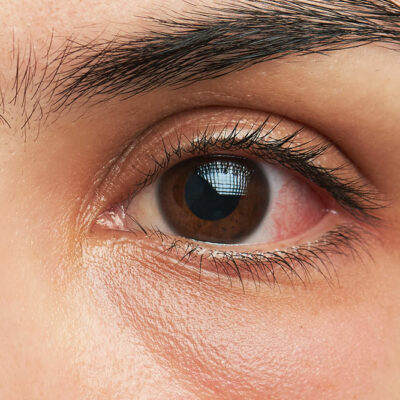
Top tips for preventing GERD
Gastroesophageal reflux disease (GERD) is a preventable disorder that involves the reflux of stomach acid into the esophagus. The commonly occurring condition can cause many complications and troublesome symptoms, such as heartburn. But fortunately, there are many ways in which you can prevent the condition from occurring at all. In this article, we will talk about the top 10 lifestyle modifications that can decrease your chances of GERD.
Ways to Prevent GERD
Maintain a healthy body weight
Many studies reveal that obesity is the leading cause of GERD. The additional stomach fat puts pressure on your abdomen, which in turn pushes the gastric juices up into the esophagus. Thus, maintaining a healthy body and proper weight is imperative to prevent the condition.
Avoiding foods that cause reflux
There are certain food items that can increase the likelihood of acid reflux. These include:
- Spicy and fatty foods
- Acidic foods such as citrus and tomatoes
- Onions
- Chocolate
- Mint
- Carbonated and caffeinated beverages
Eat smaller meals
Eating large meals can really fill up the stomach, putting pressure on the lower esophageal sphincter (LES). This can increase the chances of GERD.
Don’t lie down immediately after eating
Make it a point to wait for at least three hours before going to bed or even lying down after a meal. This is because lying down can quickly make the acid flow into the esophagus.
Lift your bed
Keeping your upper body elevated at least six to eight inches can help gravity in keeping the gastric acid down in the stomach.
Watch the medications you take
Many medicines can increase the risk of developing GERD, either by meddling with the digestion process or by further irritating an already exacerbated esophagus.
Some of the medicines that should be avoided include:
- NSAIDs, non-steroidal anti-inflammatory medicines
- Certain medicines for asthma, including beta-agonists like albuterol
- Medicines that are used for treating seasonal allergies as well as glaucoma
- Calcium channel blockers, generally used for treating high blood pressure
- Sedatives and painkillers
- Certain antibiotics
- Iron tablets
- Potassium
- Medicines used for boosting bone density
If you experience the symptoms of GERD and are taking any of the above-mentioned medicines, talk to your doctor about switching to another medicine to prevent the symptoms.
Quit smoking
Certain studies show that nicotine can relax the muscles of your LES, thereby interfering with your digestion process.
Limit the intake of alcohol
Just like smoking, alcohol can also cause the LES muscles to relax. Additionally, it can cause the muscles of the esophagus to spasm, resulting in GERD.
Wear comfortable, loose clothes
Wearing extremely tight clothes or belt can often tighten your stomach.
Follow a gluten-free diet
Some researchers have found that gluten, a particular protein, can worsen the symptoms of GERD. So, opt for a gluten-free diet to see if your condition gets better.
If none of these lifestyle remedies seem to work, it is best to see a healthcare professional. He may prescribe certain medications to ease your symptoms.


